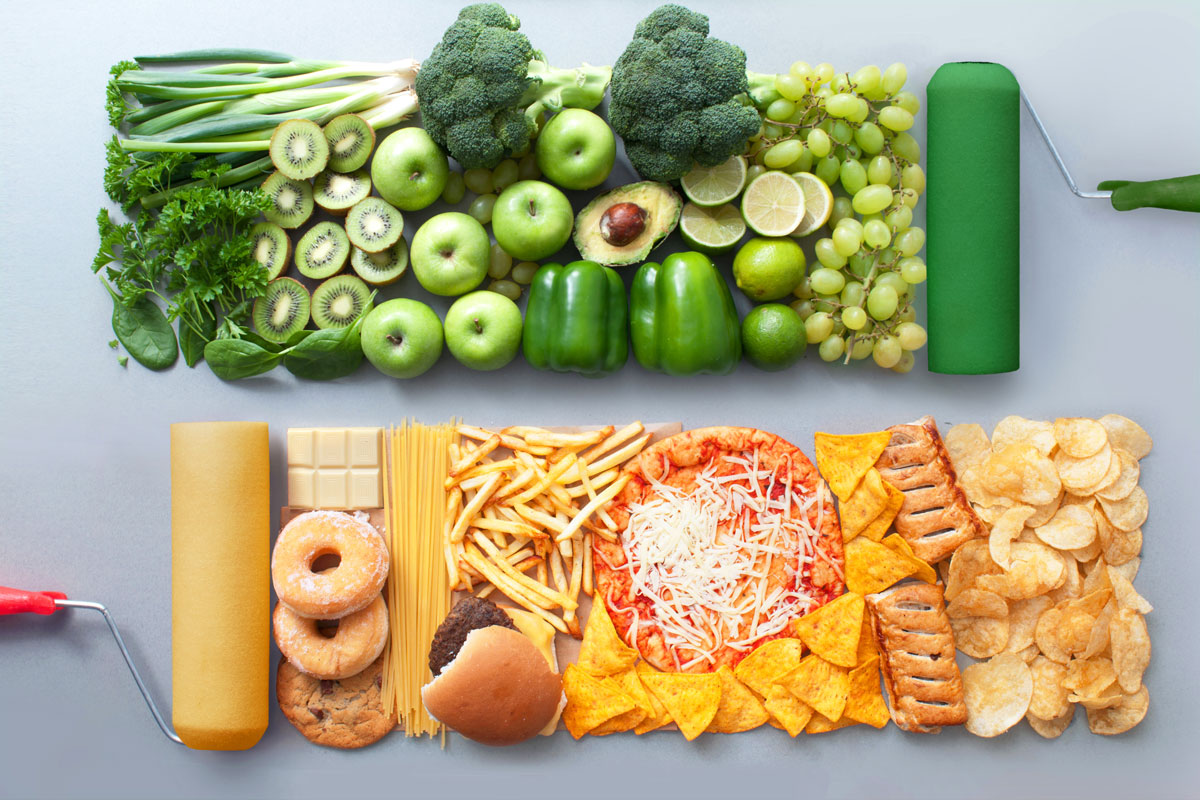
For decades, it has been believed that the key to gaining muscle mass is the post-workout protein shake. However, the International Society for Sports Nutrition now recognizes that it is more about consuming “quality protein sources” throughout the day¹.
On the other hand, a growing body of research is talking about the importance of carbohydrate intake – especially for maintaining performance during short, high-intensity workouts. Below in the material you will find recommendations on what exactly you need to eat before physical training.
What to eat before training
Another myth from the past is the existence of the so-called “carbohydrate window”. The idea was that eating carbohydrates immediately after training had a positive effect on muscle growth. Later, the term was changed to “metabolic window” (meaning proteins) – and the boundaries were expanded.
Of course, nutrients are needed to restore the body – but it is a mistake to believe that muscles need them exclusively before or after training. In fact, we are talking about the total daily intake of proteins, fats and carbohydrates (plus vitamins and minerals) – while timing is significantly less important.
Among other things, there is no reason to believe that sports nutrition is fundamentally different from conventional foods. Protein shakes can be substituted for chicken and eggs, and casein can be substituted for low-fat cheese.
Weight loss or endurance?
The primary parameter affecting your pre-workout nutrition is setting your goal. For example, if you want to lose weight, then the total amount of carbohydrates in the daily diet is recommended to be reduced to 150 g. If you train endurance (marathon running, swimming), you need more carbohydrates.
Prolonged high-intensity workouts (longer than 60 minutes and at VO 2 max above 70%) require 30-60 g of carbohydrates for every hour of sports.
Weight training

Doing physical exercises with heavy weights (in a mode of 3-6 sets of 8-12 repetitions and implying additional workout of large muscle groups) increases the body’s needs for glycogen. As a reminder, glycogen is the processed carbohydrate from food stored in the muscles.
Eating carbohydrates (both in pure form and with protein in the form of a gainer) has a positive effect on muscle gain. But, since the formation of glycogen requires at least four hours, it is more correct to talk about the total rate of carbohydrates per day – and not just about their use before training.
Most often we are talking about getting 30-50% of the daily calorie intake in the form of carbohydrates (depending on body weight, training intensity and the desired result – that is, a set of “dirty” mass or drying of the relief).
Proteins and protein shakes
The International Society for Sports Nutrition notes that the main goal of an athlete should be to consume quality protein sources every 3-4 hours throughout the day. The recommended amount of protein is 20-40 g (or 0.25-0.40 g per kg of body weight) for each meal¹.
It is also noted that the consumption of casein protein in the amount of 30-40 g before bedtime has a positive effect on the formation of muscle tissue and metabolic rate during sleep – without affecting fat gain.
As for BCAAs , the recommendation is 10 g per day – without reference to training and with the note that essential amino acids are found in the main sources of protein.
What shouldn’t be eaten?

First, it is important to understand what a “high-quality protein source” is. This can be not only a protein shake, but also lean meats, eggs and low-fat dairy products. A bad source of protein will be sausages, sausages, canned meat and other semi-finished products.
However, the bad / good division is due to secondary ingredients (saturated fat, preservatives, and salt) rather than protein structure. In theory, whey protein derived from milk cannot affect the body in any other way than skim milk itself.
Prohibited foods
Second, carbohydrate recommendations are based on low to medium GI foods throughout the day (whole grains and vegetables). Products with a GI above 70 units are allowed only if there are less than 4 hours between eating and exercising.
In simple terms, sweets and sugary drinks (including fruit juices) should be avoided – or consumed in small doses just prior to strength training.

